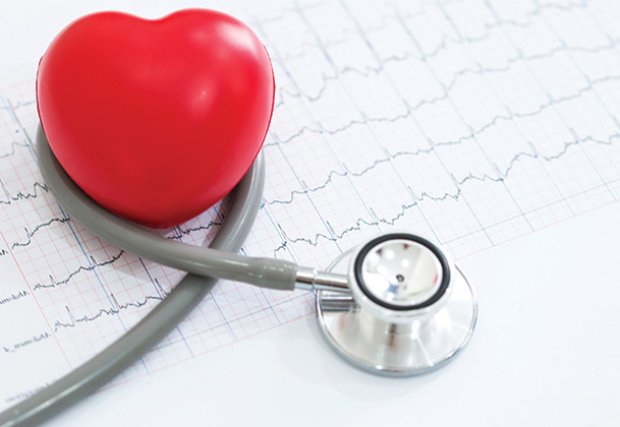 If you have ever felt your heart flutter, pound or beat and thought your heartbeat might be off, you are probably right. The American Heart Association states irregular heartbeats, known as arrhythmias, are very common. But chronic occurrences should be checked out. Cardiac Electrophysiologist Joshua Leichman, MD, shares insight about new testing and treatment available at Temecula Valley Hospital.
If you have ever felt your heart flutter, pound or beat and thought your heartbeat might be off, you are probably right. The American Heart Association states irregular heartbeats, known as arrhythmias, are very common. But chronic occurrences should be checked out. Cardiac Electrophysiologist Joshua Leichman, MD, shares insight about new testing and treatment available at Temecula Valley Hospital.
Q: Are there different types of arrhythmias?
Yes. An arrhythmia is an abnormal heartbeat, which means the heart is not following its normal rhythm of electrical impulses. They become more common as people age. Some people feel like their heart is skipping a beat, “fluttering,” beating too fast (known as tachycardia), or beating too slow (known as bradycardia). But arrhythmias can also be silent and detected only by a physician, who can tell by checking your pulse or by performing an electrocardiogram (EKG).
Q: What does an electrophysiologist do?
Electrophysiologists specialize in diagnosing and treating the heart’s abnormal electrical activity. We now have an electrophysiology lab at Temecula Valley Hospital where arrhythmias can be diagnosed and treated with minimally invasive approaches. Most of this can be done on an outpatient basis. Patients no longer have to travel outside the community for diagnosis or treatment – we have the resources here.
Q: What causes arrhythmias?
There are many things that can contribute to arrhythmias, including heart disease, high blood pressure, smoking, diabetes, and obesity. There are also other types of heart conditions that can lead to abnormal heart rhythms, such as atrial fibrillation, ventricular tachycardia and sick sinus syndrome.
Q: What treatments are used for arrhythmias?
Depending on the type of diagnosis you have, treatment options can include medications; a pacemaker, which keeps the heartbeat consistent; a defibrillator, which can shock the heart if needed; and cardiac ablation, which destroys heart tissue that can lead to the irregular heartbeat. Your heart doctor and electrophysiologist can discuss with you which options might be best for your condition.
Find an Electrophysiologist for treating arrhythmia
Call 855-859-5203 to schedule an appointment or search our online directory >

